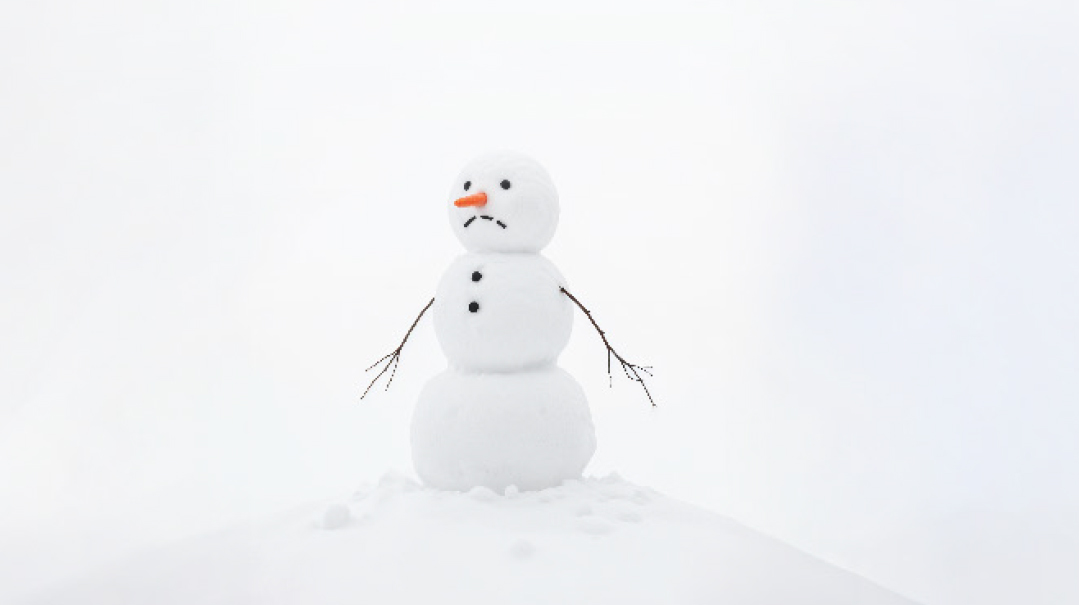Tradition
| August 14, 2024I foolishly used to think that mesorah was only a chain connecting father to son

AS
Jews, we take mesorah very seriously. We pass down knowledge, information, traditions, and values from one generation to the next.
If you asked my six-year-old who would be his link to generations past, who he believes is the expert in all things and undisputed Great Sage of Our Generation, he would have a ready answer.
It is not his father.
It is not his cheder rebbi.
It is not his menahel.
It is his seven-year-old brother.
I foolishly used to think that mesorah was only a chain connecting father to son. Now I realize that there is another, equally powerful tradition made of similar links passed down from older brother to younger brother.
Does my six-year-old have other brothers who are even older than seven?
Yes, he does.
But apparently, none are as wise as The Seven-Year-Old Man with All the Answers who has taken it upon himself to educate his younger brother.
This is not a recent development.
Years ago, I remember driving them to an appointment as music played in the car. My younger son asked a brother, “What is Uncle Moishy saying in the song? Is he saying, ‘sharing is carry?’ What does that even mean?”
And before I could explain that Uncle Moishy was letting us all know that sharing is caring, the Wise Older Brother in the back seat said, “Uncle Moishy is telling us that ‘sharing is scary’ and that’s why we shouldn’t share our things.”
His younger brother thought for a moment and then nodded in agreement with this undeniable truth.
During that same car ride, this older brother informed his brother that Beri Weber’s hit song was not actually “Yachad,” but rather “Yachatz,” because it was obviously a song about Pesach.
He shares these nuggets of trivia with his younger sibling with complete confidence and without the slightest hesitation.
I do think that my seven-year-old is not trying to mislead his younger brother on purpose. He honestly believes that he is giving his younger brother the absolute truth.
On a related note, I also think that this same seven-year-old gives his parents the truth as he makes it up.
Like last summer, when he wanted to sit in the front seat of the car when we went to the grocery. I told him that it was unsafe until he got a little bit bigger, and that he needed to sit in the back seat for this trip.
Without blinking, this child of mine asked me if I was familiar with the Gemara in Maseches Chachunes.
Since that masechta is a fabricated one, existing only in the imagination of this child, I told him that I was not at all familiar with it.
My seven-year-old heaved the exasperated sigh of an intellectual explaining something super slowly for someone less intelligent. He informed me that in Maseches Chachunes, it clearly discusses that, if a little boy is up in the country for the summer, it is perfectly safe for him to sit in the front seat of a car.
Fictitious Talmudic tractates aside, my seven-year-old makes himself readily available to help my six-year-old clarify and navigate the world around him.
When his younger brother gets a present, my seven-year-old is there to help him build it and set it up. Then he instructs him how to play with it.
If the two of them are huddled together making whispered plans, my seven-year-old is the one to quickly reassure me that they aren’t planning anything that is trouble. (Needless to say, there is a strong likelihood that there are, in fact, large amounts of trouble being planned.)
My six-year-old once asked a question about the fighting capabilities of an elephant. He made it clear that I was not to answer the question — he was only interested in the opinion of his seven-year-old brother.
As they say, “With great power comes great responsibility.” My seven-year-old takes his responsibility very seriously.
This past Purim, my boys dressed up as famous Colonial Americans. Among others, we had George Washington, John Adams, Alexander Hamilton, and Abraham Lincoln.
A few days later, when the powdered wigs, muskets, and top hats were finally put away, my six-year-old tried to remember who his older brother had been.
“What was his name again?” he asked.
Before I could tell him that his brother had dressed up as Alexander Hamilton, my seven-year-old spoke up.
“He was dressed up as Sender Hamilton,” he told his brother.
“I beg your pardon — he dressed up as who? Sender Hamilton?” I asked him.
My seven-year-old turned to me and explained. “When we were learning about Chanukah, my rebbi said that all of the Jewish children who were named after Alexander the Great were nicknamed Sender. If all Alexanders are Sender, so is Sender Hamilton.”
I couldn’t recall a single history book referring to one of the Founding Fathers as Sender Hamilton, but I decided to let this one slide.
My seven-year-old said it with so much confidence that I’d bet there was a chance that the history books were the ones who got it wrong.
Besides, who am I to stand in the way of tradition?
(Originally featured in Family First, Issue 906)
Oops! We could not locate your form.







